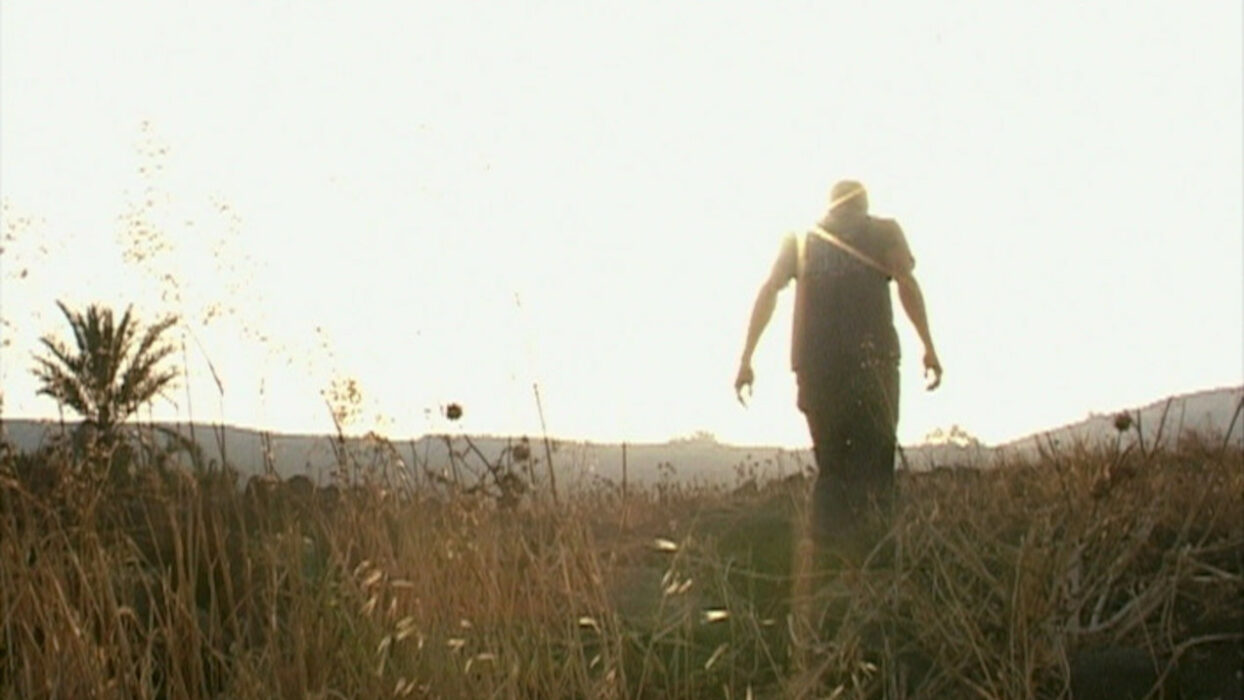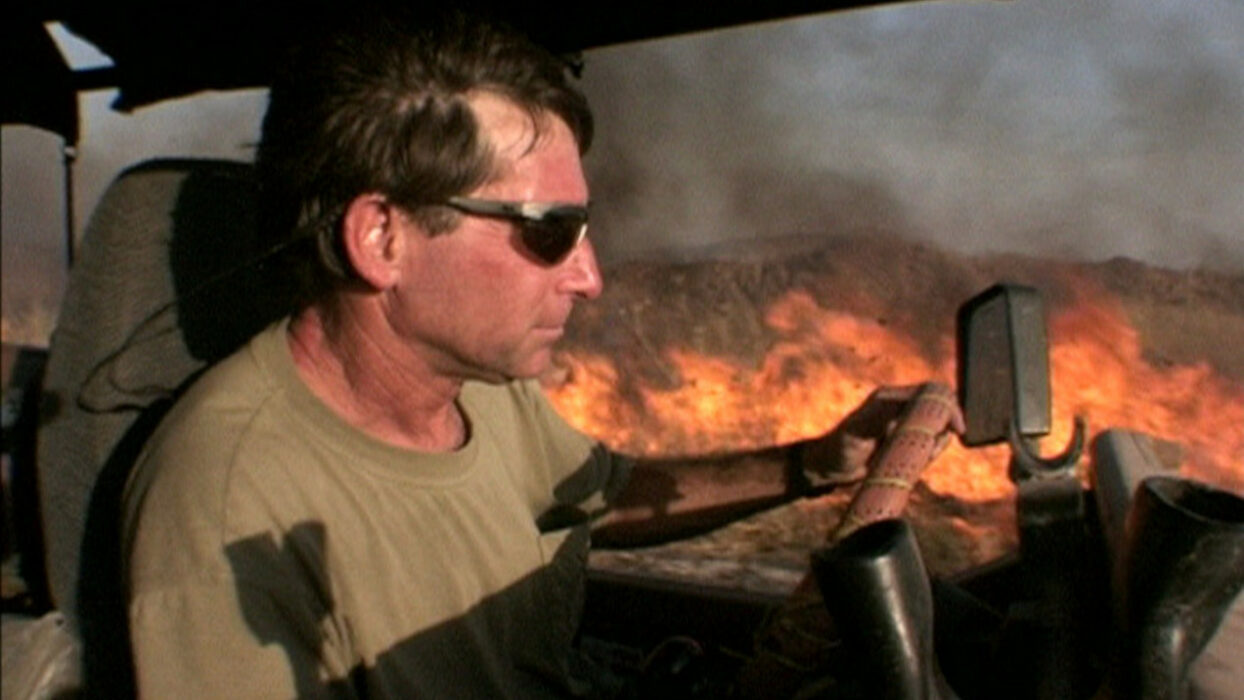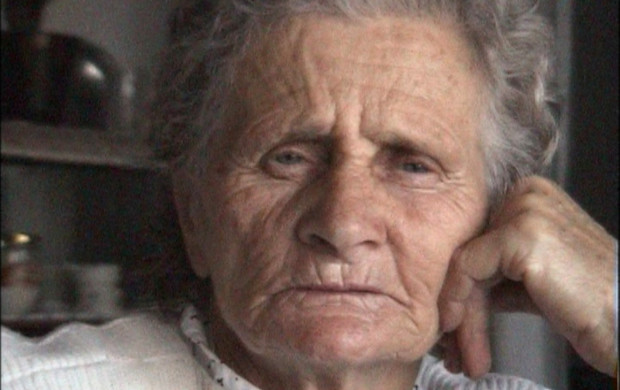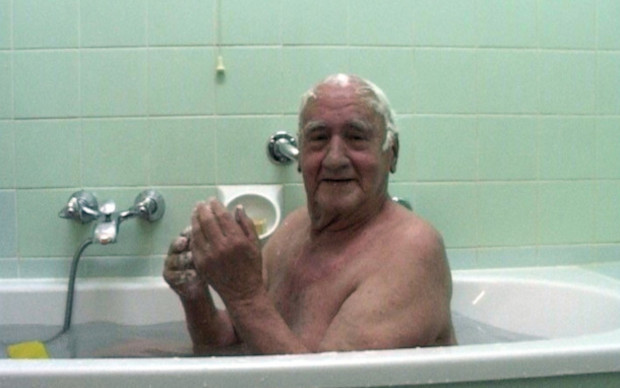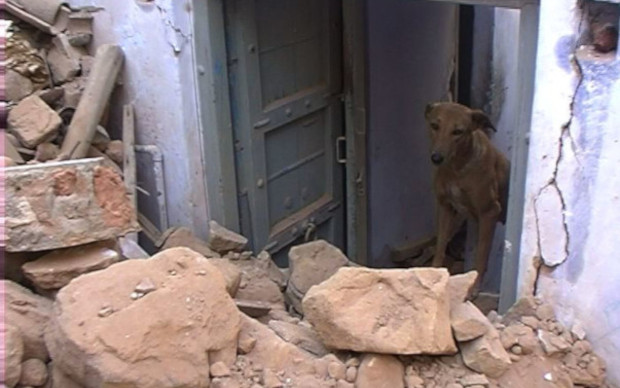Golan
- 2002
- France; Israel
- 60 minutes
- Hebrew
In January 2002 negociations between Israel and Syria prompted 150 000 protesters in Rabin Square to demonstrate against the possibility of a peace treaty between the two countries. Throughout the nineties life in the Golan Heights, captured from Syria in 1967, was shrouded by uncertainty. Four Prime ministers-Rabin, Peres, Netanyahu and Barak-accepted the formula of land for peace, outlined in negotiations with Syria, essentially meaning the evacuation of 33 settlements and withdrawal of 17 000 Israeli settlers from the Golan. The Al-Aqsa Intifada, Ariel Sharons’s replacement of Ehud Barak as Prime Minister and the events of September 11 led to the disintegration of the peace process, paradoxically providing stability and security for the settlers of the Golan. While Palestinians carry out suicide attacks inside Israel and the Israeli Defense Forces occupies major Palestinian cities in the West bank, life on the Golan Heights continues with increased vigor. Neta and Koby, Miri, Yotam and Menachem, all settlers in the Golan, examine questions preoccupying most Israelis-natives and new immigrants alike : what is our relationship with this land? What are the reasonable borders for the State of Israel? What should become of the occupied territories?
- Production : Arte France; Amit Goren Productions; Gloria Films
- Distribution : First Hand Films
- Editing : Amit Goren; Inbar Tavor
- Sound : Sandrin Beeri
- Photography : Philippe Bellaïche; Amit Goren
